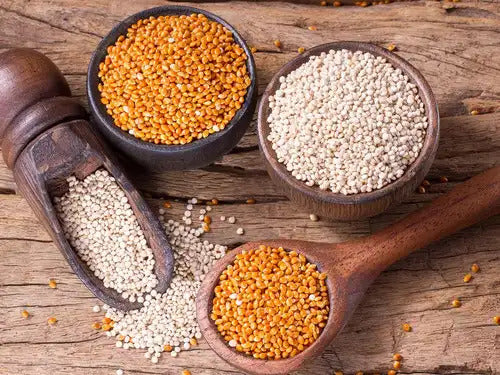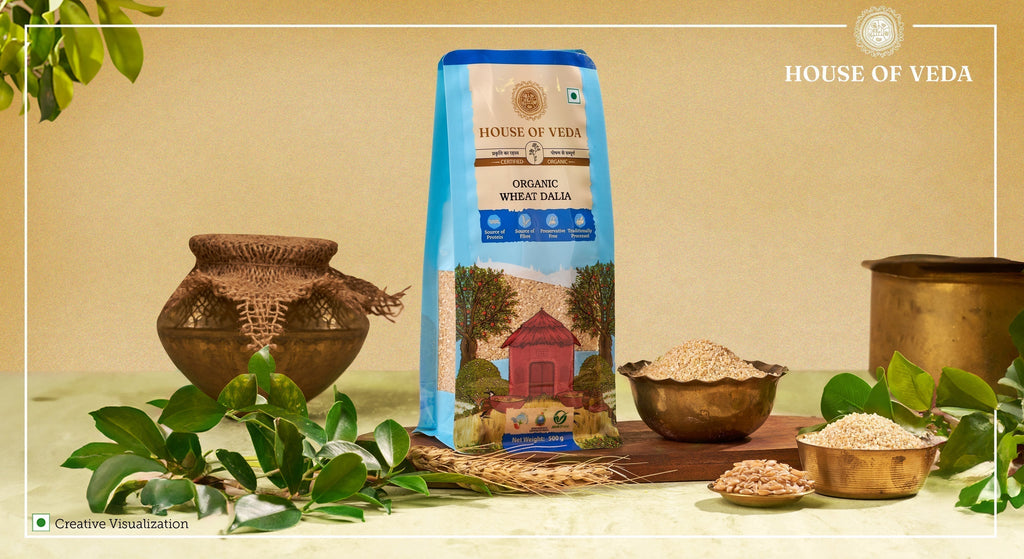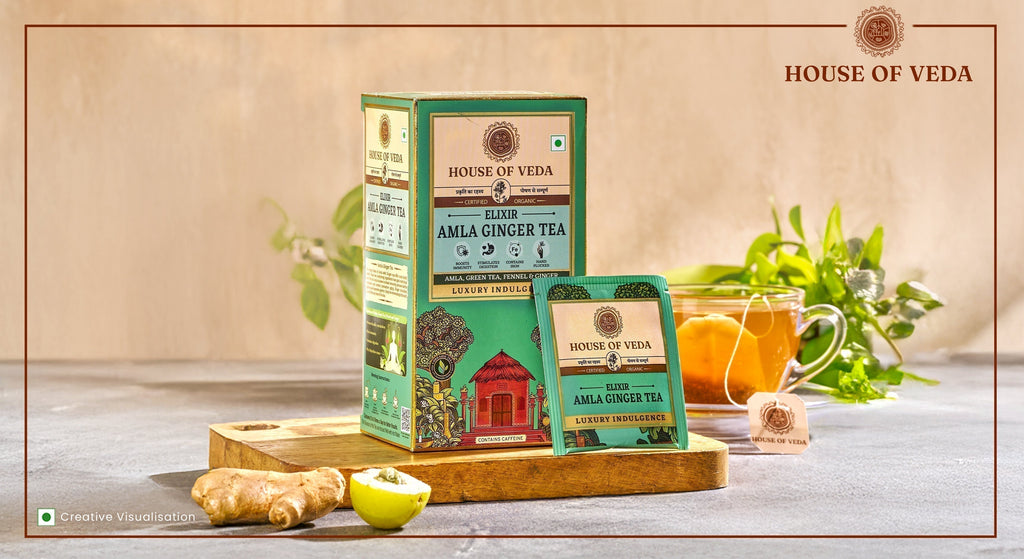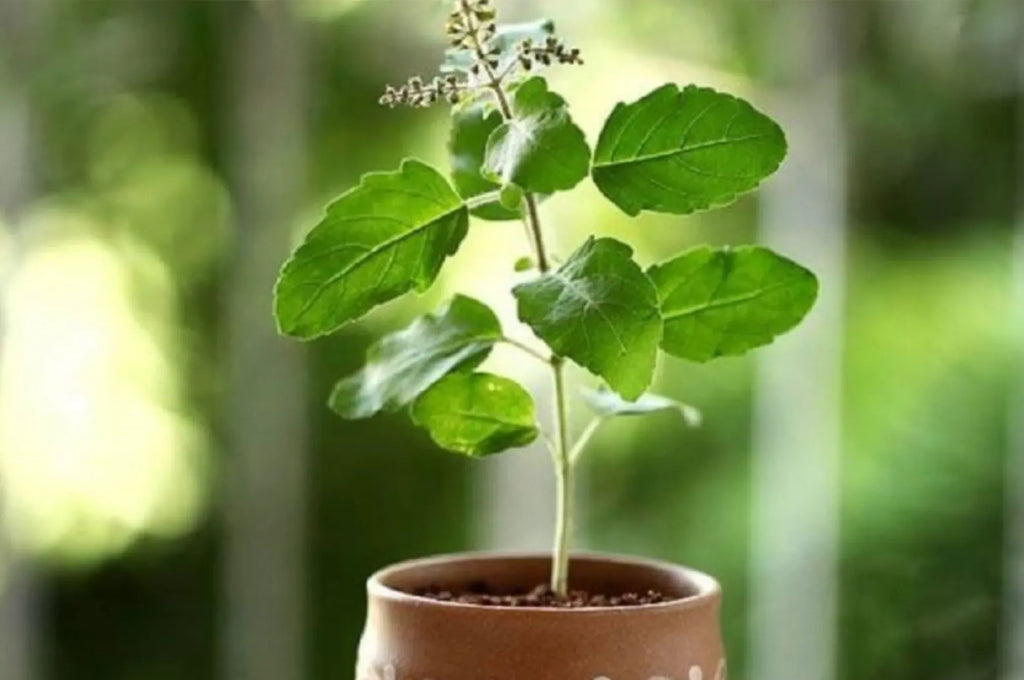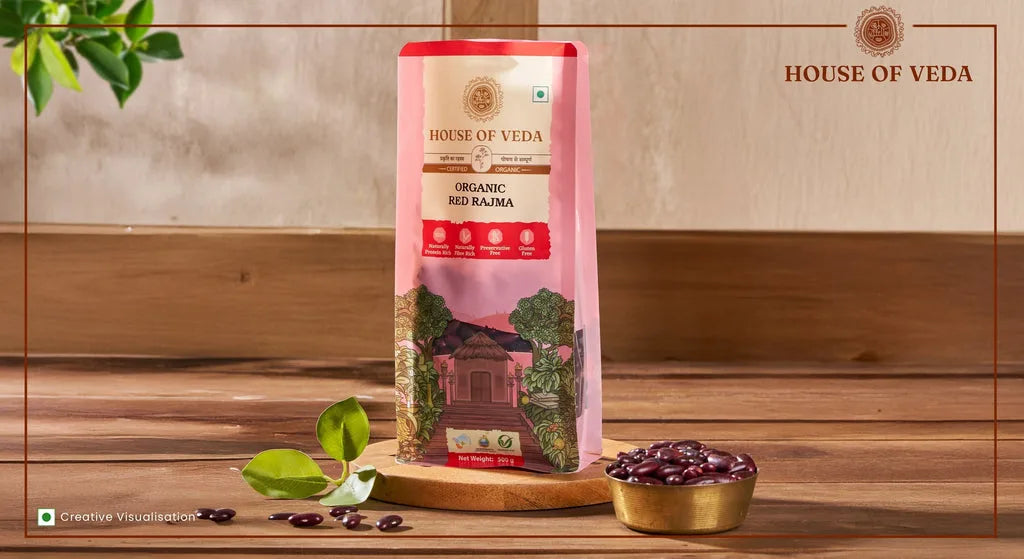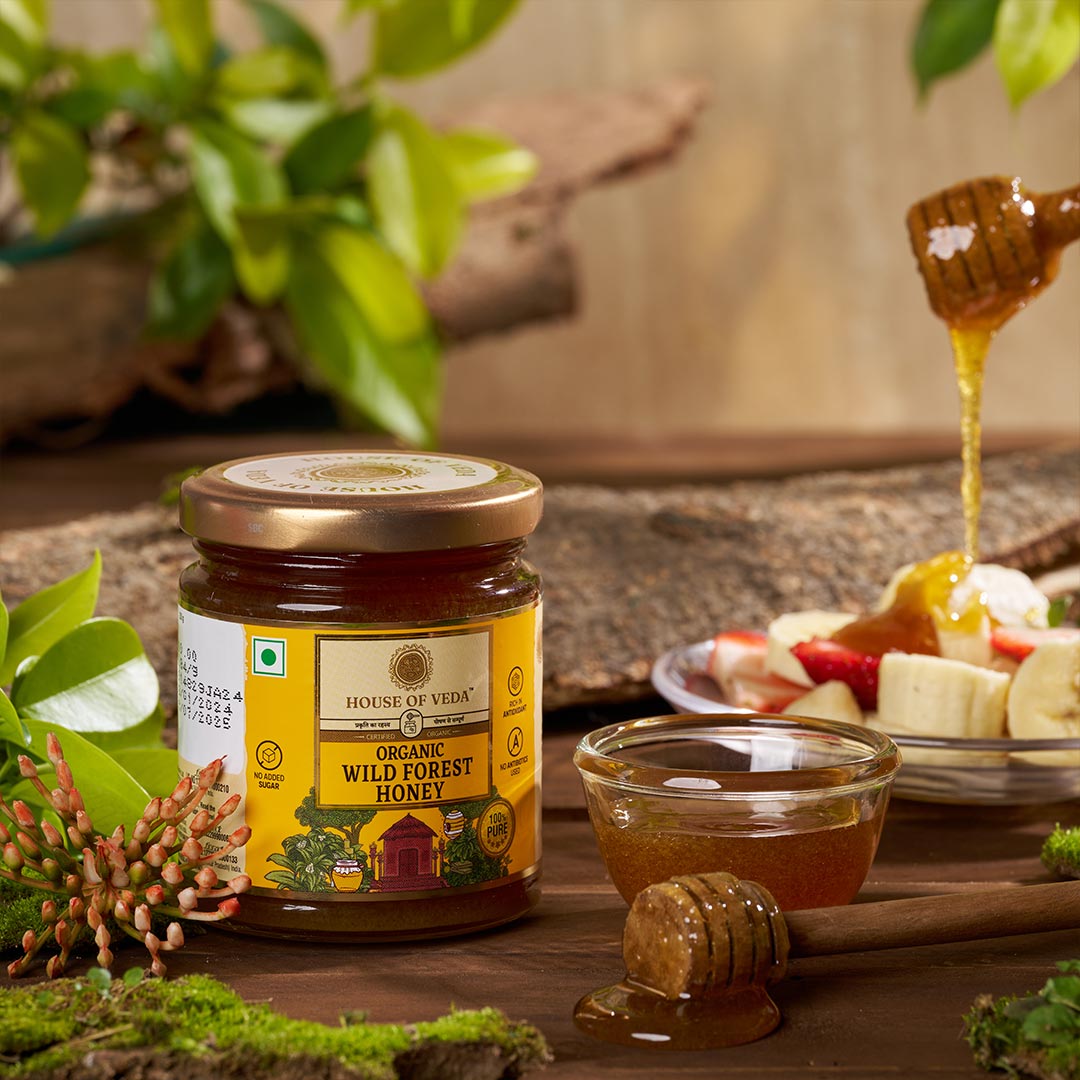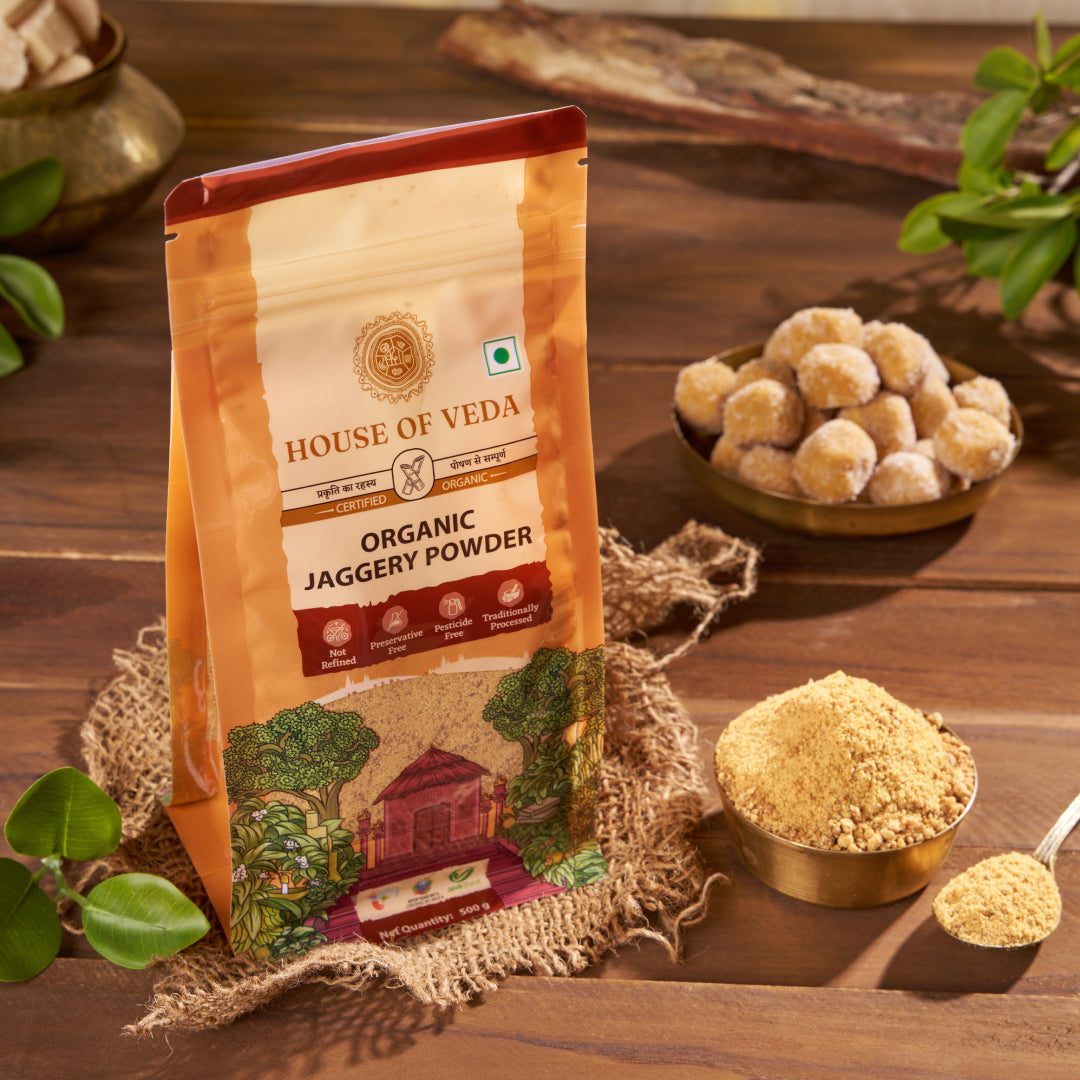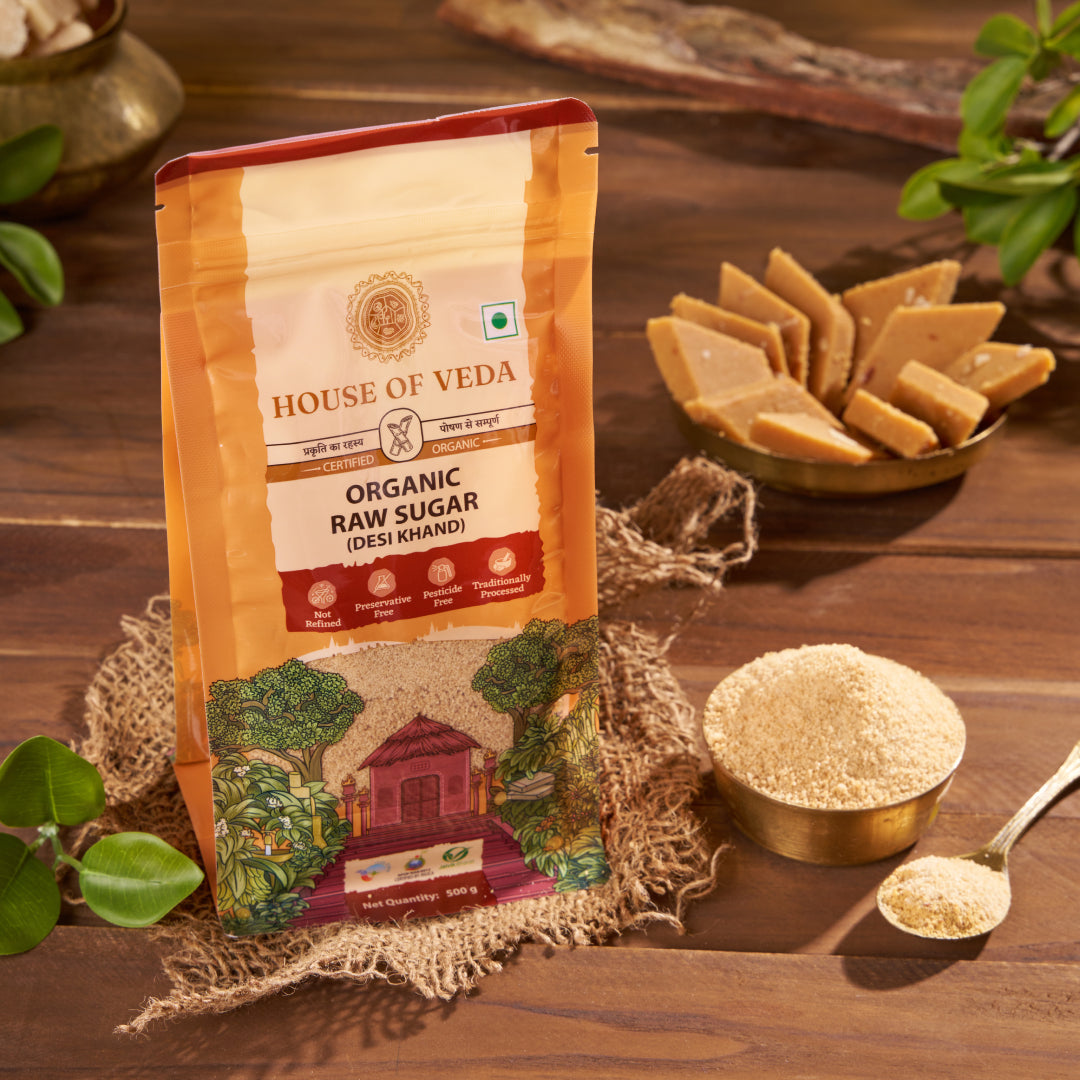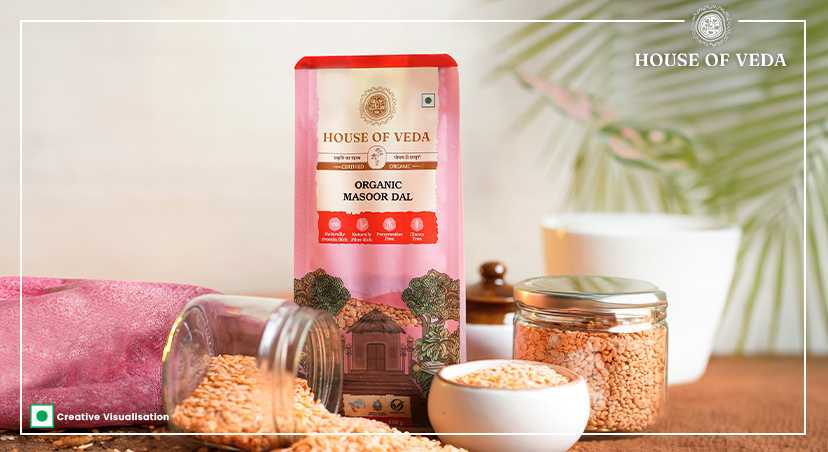
Masoor Dal for a Healthy Diet: Benefits, Nutrition, and Recipes

Delicious and flavorsome Masoor Dal is the ultimate love of Indians. This Red Lentil Dal is protein-rich, tasty, and has a unique sweet flavor, which makes it a go-to meal. It is a quick-fix meal that can be prepared with simple ingredients, including tomatoes, onion, herbs, and plenty of spices. It can be served with millet, steamed rice, quinoa, naan, chapati, or roti.
This Lentil, also known as pink and orange lentils worldwide, is high in nutrition, similar to meat, and is its best substitute. In short, Indian Kitchens are incomplete without this nutritious lentil. With plenty of health benefits like lowering blood pressure, controlling cholesterol level, beneficial in pregnancy and many more, this lentil is known for its nutritional value and low-fat content.

Exploring the Different Varieties of Masoor Dal and their Uses
Love for this protein- rich lentil is never-ending! Indian people crave this lentil most in their meals. It mainly comes in two varieties: whole and split.
Whole Masoor Dal
Whole masoor (brown lentils) has earned a special place in the Indian kitchen. It is the most tempting and comforting meal, often used to make flavorful masoor dal recipes like curries, dals, and cutlets. This protein-rich dal is versatile and packs a punch with amazing health benefits, such as lowering cholesterol, boasting a low glycemic index, improving eye health, boosting immunity, and aiding digestion. Making masoor dal recipes is not rocket science and it's loved by vegans and vegetarians alike, as they provide a wholesome and nutritious alternative to animal-based proteins.
Split Masoor Dal
Both types of masoor dal have different nutritional properties! But whole masoor dal comparatively is healthier than split masoor dal. However, the nutrition level of the dal can be increased by switching to organic pulses. The reason is that organic dal is more nutritious than processed ones. If you directly eat whole dals like moong dal and masoor dal with its skin then you will get more nutrition, and good for digestion.
Fiber: Whole masoor dal is full of fibre rather than split, which lowers cholesterol levels and prevents blood sugar.
Protein: Whole masoor dal is known to be the protein-enriched meal that gives ultimate energy.
Minerals: The whole masoor is full of potassium, iron, and folate.
Top Health Benefits of Masoor Dal for Daily Consumption

Masoor Dal is fully loaded with a whopping amount of iron and protein which makes the perfect diet for vegetarians. This healthy staple has various names such as Masuri in Bengali, Chanagi in Kannada, Misur Paruppu in Tamil, and Masoor in Hindi. It works as a backbone in Ayurvedic formulations to maintain balance in Pitta dosha and Kapha and enhances Vata dosha.
Masoor dal nutrition
Did you know one cup of masoor dal works like magic? It contains 8 grams of fiber, 14 grams of protein, 6mg of iron, and 44.5 grams of carbohydrate. It works as a vasodilator and controls sugar and blood pressure. Several tempting dishes like dal makhani, masoor dal soup, dal paratha, and khichdi make you love this lentil.
Masoor Dal Benefits

Maintains Heart health
Your heart is secure with this delicious Dal! It contains fiber, which lowers cholesterol and regulates your blood pressure.
Helps in Weight loss
In today’s time, health is wealth! And what can be better than a Red lentil? The perfect nutritious staple for reducing hunger. What you get is a protein-rich diet with less carbohydrates.
Good Source for Gut Health
Masoor dal is full of fiber, thereby it is good for the digestive system and prevents bloating and constipation.
Perfect for Skin health
It contains antioxidants that lighten your skin tone and work as an anti-aging supplement. That’s why most of the youth love to consume red lentils and even make their skin pack.
Maintains Right Vision
Dal includes all the essential vitamins for perfect vision Like vitamins A, C, and E. So, it works as your eye doctor. Isn’t it?
The Role of Masoor Dal in Pregnancy Nutrition
Pregnancy demands extra care and a good diet! For all would-be moms, having Masoor dal in their diet nourishes their body with the right amount of nutrition and helps develop a healthy growing baby. Among different tempting foods available, red lentils offer great benefits.
Red Masoor dal is full of iron, protein, and folate! Therefore it supports foetal development and lessens the risk of baby birth defects. Iron is a must for increasing RBC, keeping the mother energized, combating fatigue, and helping in the overall journey. This power booster staple makes the pregnancy journey easy and smooth.
Exploring the Anti-Inflammatory Benefits of Black Masoor Dal
Contains Antioxidants
It is rich in antioxidants that help to work with cell damage. A perfect lentil to add to your nutritious diet.
Skin health
Masoor dal tends to reduce acne, calm irritated skin, and clear skin pores. It can also make skin fairer and smoother.
Acne management
With the benefits of zinc, black masoor manages acne and gives you nourishing skin. So what are you waiting for? Have this in your meal.
Exfoliation
Masoor dal’s granules work to remove impurities and dead skin cells. The texture of granular easily exfoliates your skin.
Why Masoor Dal Might Not Be Good for Everyone: Potential Side Effects
Masoor dal, known for its nutrition, may cause potential side effects to those who have.
Allergy issues: People who are sensitive to red lentils must avoid them. It can cause adverse problems like swelling, itching, and gastrointestinal distress. Even after boiling, still, the allergy remains so it's better to consult your doctor before having it.
Uric acid problem: Masoor dal contains high protein, which is not good for those who are suffering from high uric acid and joint pain. It's better to have a little bit of dal just for taste.
Kidney disorders: It contains oxalates that can cause kidney issues or stones. So people with kidney problems must not add masoor dal to their diet.
Gastric problems: Eating excess dal can affect health. It's better to eat dal in the right proportion to avoid gastric concerns.
How the Glycemic Index of Masoor Dal Affects Blood Sugar Levels
With a 25 glycemic index that falls in the lower glycemic index range, masoor dal is one of the best options for diabetic people. Diabetic people can consume dal in the form of paratha, curry, etc. It perfectly controls blood sugar and benefits the heart.
How to Balance Your Diet with Masoor Dal’s Caloric and Nutrient Density
Here are some important tips for balancing your healthy diet with masoor dal.
Pair dal with protein content
Dal is high in fiber and carbohydrates but has less protein. For proper balance, pair it with protein-enriched food like tofu or yogurt.
Reduce dal sizes
Try to add protein and fiber then complex carbohydrates.Track your nutrient amounts.There are many applications available on the phone that track your nutrition level.
Masoor Dal nutritional value 100g
| Nutrition | Masoor dal (100gm) |
| Protein | 24.4gm |
| Fiber |
10gm |
| carbohydrate | 59gm |
| Vitamins and minerals |
Vitamin c,calcium,B-6,magnesium and iron |
| calories in dal | 343 calories |
| Fat | 1gm |
Masoor Dal Benefits for Skin: A Natural Skincare Secret
The versatility of masoor dal can also be seen in skincare. Incorporating it into your skincare regimen can offer natural and effective solutions for various skin concerns.
1. Natural Exfoliation
Ground masoor dal serves as a gentle exfoliant, effectively removing dead skin cells and impurities. This process helps in unclogging pores, reducing blackheads, and promoting a smoother complexion.
2. Skin Brightening
The natural bleaching properties of masoor dal assist in reducing pigmentation, fading dark spots, and evening out skin tone. Regular use can lead to a radiant and glowing complexion.
3. Acne and Oil Control
Masoor dal possesses anti-inflammatory and antibacterial properties that help in soothing acne-prone skin and reducing redness. Its oil-absorbing capabilities aid in controlling excess sebum production, preventing clogged pores.
4. Anti-Aging Effects
Packed with antioxidants like vitamin C, masoor dal combats oxidative stress, thereby reducing the appearance of fine lines and wrinkles. This contributes to firmer and more youthful-looking skin.
5. Deep Cleansing
Masoor dal acts as an effective cleansing agent, removing dirt and impurities from the skin. Its nutrient-rich composition ensures that the skin remains nourished and refreshed after cleansing.
DIY Masoor Dal Face Pack
Ingredients:
-
2 tablespoons of masoor dal
-
2 tablespoons of raw milk or rose water
-
1 teaspoon of honey (optional)
Instructions:
-
Soak the masoor dal in water for 4-5 hours or overnight.
-
Grind the soaked dal into a fine paste.
-
Mix in raw milk or rose water to achieve a smooth consistency.
-
Add honey for added moisturization.
-
Apply the paste evenly on the face and neck.
-
Leave it on for 15-20 minutes.
-
Gently scrub in circular motions before rinsing off with lukewarm water.
Use this face pack 2-3 times a week for best results.
How to Cook Masoor Dal: A Step-by-Step Recipe Guide
Preparation Steps
Step 1: For a quick meal, start with rinsing ½ cup of masoor dal in fresh water. After that put the washed dal in the gas stove pressure cooker or electric cooker.
Step 2: Add water, salt, turmeric powder, and chopped tomato in the cooker and boil it for about 10 to 15 minutes on medium flame.
Step 3: Once the lid of the pressure cooker is released, open the lid. Check if the dal is too thick then put some water on for consistency.
Step 4: It's time to make some mouthwatering tadka in a pan by heating Organic oil or ghee. Add some cumin seeds, sliced garlic, chili powder, hing, and curry leaves. Let the tadka sizzle for seconds.
Step 5: Add the tadka to the boiled dal and enjoy your delicacy with steamed rice.
Traditional Whole Masoor Dal Recipes from India and Beyond
Check out some yummy Masoor dal recipes of Masoor Dal
Masoor Dal Khichdi
Step 1: Rinse ½ cup of rice and masoor dal separately under fresh water. Soak them for a maximum of 30 minutes in water.
Step 2: Now, take the pressure cooker and heat some Organic oil or desi ghee. Add curry leaves and cumin seeds and let it splutter. Saute chopped onions until they turn brown.
Step 3: Add ginger garlic paste and saute it again. After a few seconds, add some tomatoes and cook them well till they turn soft.
Step 4: Drain the soaked rice and dal and add both to the pressure cooker.
Step 5: Add spices like garam masala, salt and haldi. Stir it, add 3 cups of water, and combine all the things together.
Step 6: Cover the cooker lid. Let the mixture cook on high for two whistles, then reduce the gas flame and cook for 10 minutes again.
Step 7: Stir it and garnish it with some Kasuri methi or coriander leaves. Enjoy the tempting khichdi.
Kerala-Style Parippu Curry Recipe
It is the comfort food of South Indian people paired with some side dish, ghee or rice. Let's check out its recipe.
Step 1: Wash the dal in running water. Pressure cook the dal with salt, water, and turmeric. Leave it until 5 whistles.
Step 2: Open the cooker lid, and check the dal thickness! Add some salt if required.
Step 3: Add grated green chili, coconut, onion cumin seeds, and water in a blender, Blend it and make a smooth paste.
Step 4: Now pour coconut paste and boiled dal in a pan and boil it for 6 minutes on a medium flame.
Step 5: Prepare the sizzling tadka by adding ghee/coconut oil, red chili, and curry leaves in a pan. Add chopped onions.
Step 6: Pour the prepared tadka into coconut dal curry and have it.
Check out the Delicious Dishes Made from Organic Pulses—-->
Conclusion
Masoor dal is a nutritional powerhouse, rich in protein, fiber, and essential vitamins. Whether it's supporting heart health, aiding digestion, or balancing blood sugar, its benefits are unmatched. Plus, with its versatility in recipes like curries, soups, and cutlets, it’s a must-have for every kitchen.
Ready to boost your health with masoor dal? Buy now House of Veda's premium organic masoor dal and start your wellness journey today!
"The House of Veda stands by the V-E-D-A principles. Every blog we write and every product we offer is built on Verified Experience and Expertise. We are committed to Dependability and Authenticity, ensuring that our community receives nothing but the best in organic wellness."
"V-E-D-A" (Experience, Dependability, Authority, and Authenticity)


